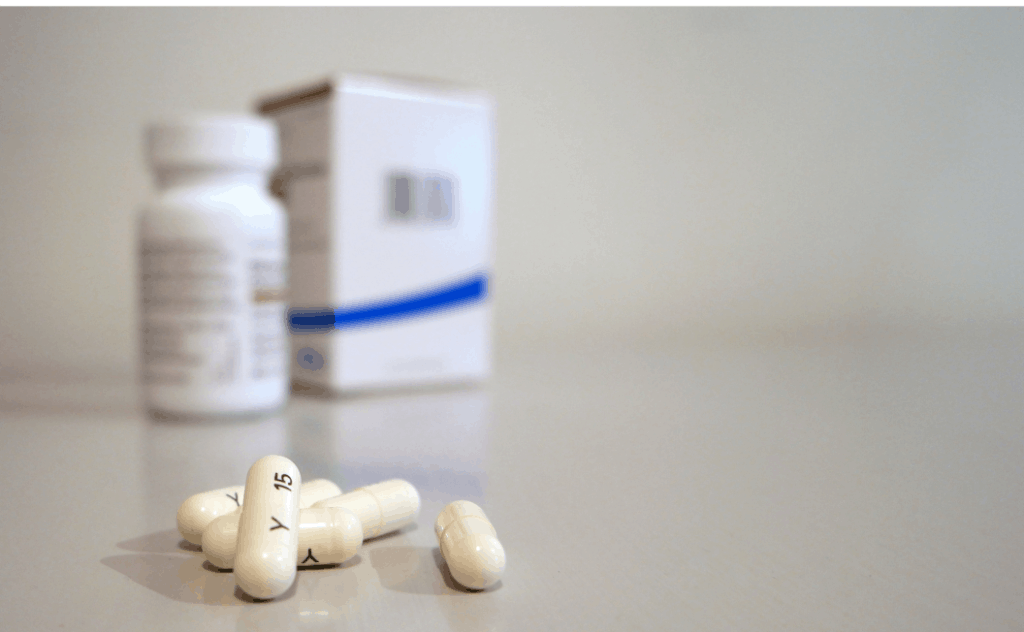Regardless of the addiction, recovering from any form of substance abuse can be very difficult. Due to there being many addictive substances available today, many people struggle with the disease of addiction. Fortunately, recovery from addiction is possible. Depending on the drug that had been abused, different treatments may be required.
Dangers of Percocet Addiction
Percocet is a semi-synthetic opioid, consisting of oxycodone and acetaminophen. This pain killer is classified as a depressant, meaning it depresses the cardiovascular and respiratory systems. If taken in excess, full cardiac and respiratory failure can occur, leading to heart attacks, seizures, breathing cessation, and death.
Another, lesser-known hazard of abusing Percocet is liver toxicity or failure due to high acetaminophen absorption. According to the Food and Drug Administration, there are approximately 400 acetaminophen-related deaths in the U.S. each year attributed to acetaminophen overdose and associated liver damage. The FDA has since recommended that Percocet, Vicodin, and every other acetaminophen/prescription drug combination be limited in their sales due to this alarming trend.
Signs of Percocet Addiction
Percocet has a profound impact on an individual’s life and health. These signs are unique to Percocet abuse. The following side effects are indicators that Percocet use has become an addiction.
Depression
Opioids such as Percocet chemically manipulate neurotransmitters and receptors within the brain. After an extended period of opioid use, the brain becomes irreversibly altered. This alteration in chemistry frequently causes mental disorders to develop. According to a study conducted by the George Washington School of Medicine and Health Sciences, patients on chronic opioid therapy have been shown to have relatively higher levels of comorbid clinical depression of up to 38%. The development of a mental disorder, commonly depression, is a strong indicator that opioids are being abused.
Dizziness or Lack of Balance
Those addicted to Percocet often display a lack of coordination, balance, and motor control. Due to the sedative quality of these drugs, dizziness is also very common. Falls and other accidents are frequent when opioids are being abused as they severely impact the central nervous system. When an individual seems perpetually dizzy or off-balance, they may be struggling with a Percocet addiction.
How to Recover from a Percocet Addiction
If an individual begins exhibiting signs of addiction, such as a desperate need to continue use, change in appearance, or extreme mood swings,professional treatment is crucial. In many cases, the first step in treating Percocet addiction is withdrawing from the substance. Because of the health complications that may arise during the withdrawal process, it is highly recommended that the individual seeks medical assistance during this stage. Clinically-supervised detox can guarantee that the individual can be safe during the withdrawal process.
Once an individual has shed all residual traces of Percocet, it is important to seek additional care. Research has shown that behavioral therapies are very effective in treating addiction. Professional addiction therapists work with clients to develop healthy decision making and coping skills to fight future temptations. Treatment within professional addiction treatment centers also reinforces sobriety by providing a support system among like minded individuals.
Due to Adderall being a highly addictive stimulant, addiction treatment within a qualified center increases the likelihood of maintaining sobriety significantly. Upon graduating from one of these programs, continued support within a 12-step group or aftercare program is very beneficial to maintaining life in recovery. These services help individuals gradually transition into independent, drug-free living.
We’re Here for You
Percocet is a highly addictive opioid that is life-threatening when abused. It is important to seek help immediately if you or a loved one is struggling with this addiction. At Asheville Recovery Center, treatment specialists have developed a unique, hybrid model of treatment which combines a traditional 12-step program with holistic rehabilitation. A multitude of services, programs, and therapies are offered, including the Partial Hospitalization Program, Residential-style treatment, outpatient rehabilitation, and more.
The founders of Asheville Recovery Center, as well as many of our addiction therapists, have struggled with addiction and now enjoy life in recovery. They understand the struggles of addiction and how difficult it is to overcome alone. If you feel that you or a loved one is struggling with substance abuse, our specialists are on standby and ready to help. Call (828)518-6996 and speak with an addiction expert today so you can take the first step towards a rewarding life of sobriety.









